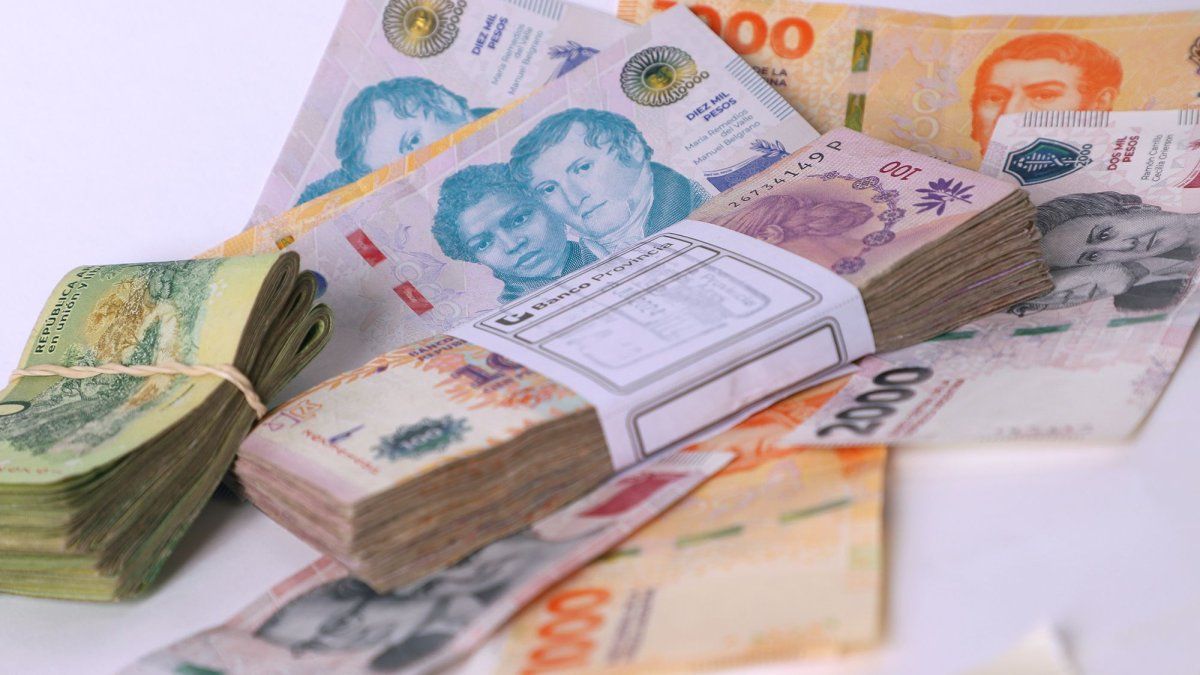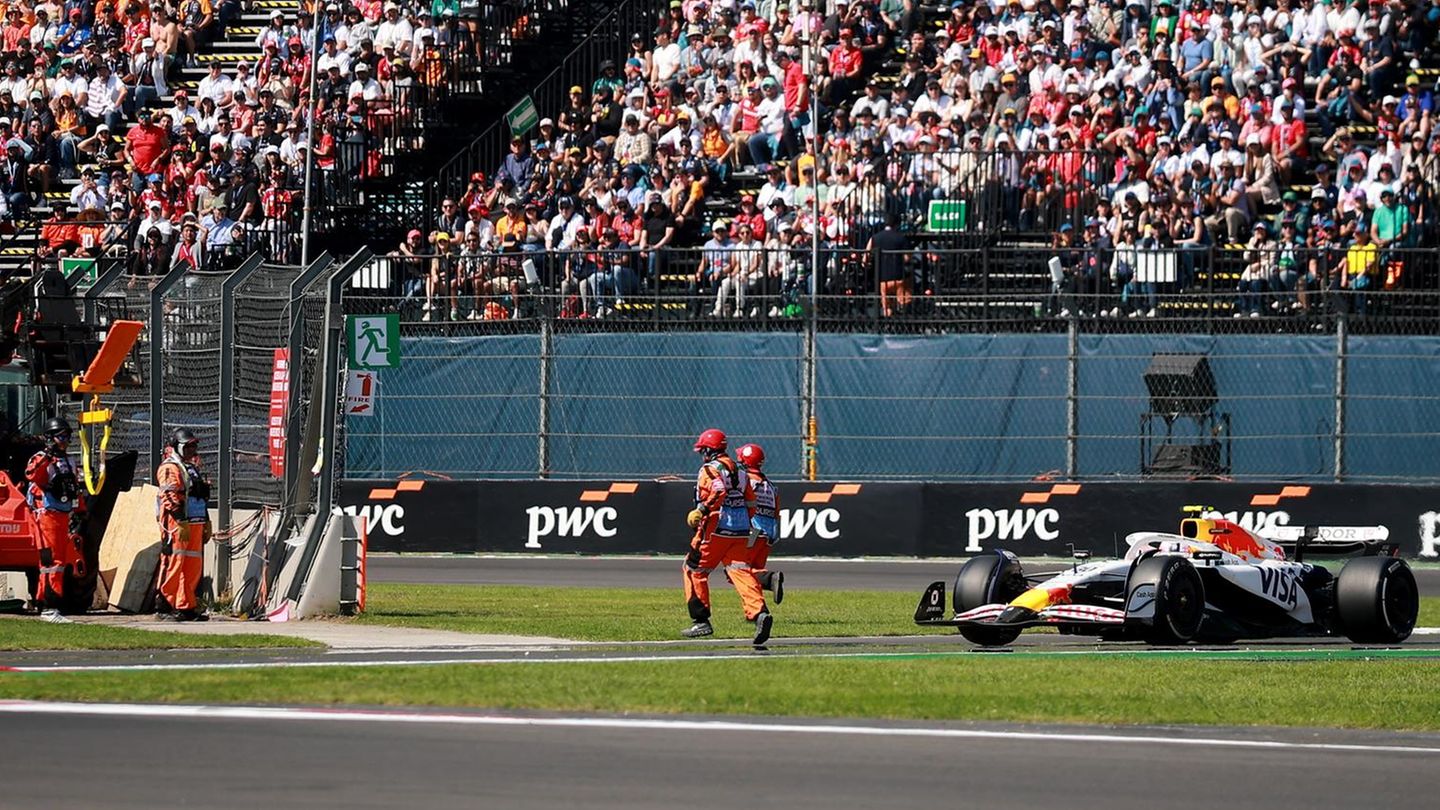Members of the national government, businessmen and experts on the topics participated in the Sustainability Forumorganized by the financial institution BBVA. Among other topics, new clean technologies were discussed there, or ‘cleantech’stating that they will play a key role in the decarbonization of the economy.
The experts participating in a round table on the subject pointed out that to make this possible “it is necessary for the private sector to assume a firm commitment to the diary sustainable and commit to decisive, long-term investment” in the companies that will develop these technologies.
Maria José Gonzalezprogram coordinator H2 Green, Ministry of Industry, Energy and Mining (MIEM)pointed out that “it is very good news that the financial sector talks about sustainability ” and valued the importance of doing so in Uruguay since “it generates conditions for change.” The specialist defined green technologies as those that can be incorporated to “consume less” and “minimize the impact.”
Along these lines, González said that this innovation “It generates savings for companies, if they are well thought out.” The leader reiterated that “the Uruguayan sun, air and land have a relevant role and should not be missed.”
For your part Sabrina Sauksteliskisdirector of Uruguay Innovation Hubrecalled that one of his lines of work is linked to “green technology”, where he gave as an example a venture that has already obtained financing that measures possible “frosts” in that territory, which allows projecting what types of plantations can be carried out, collaborating in this way with the producer and the insurance companies.
BBVA sustainability event
Cecilia Targettacountry manager of Globant Uruguayadded the experience of his company as artificial intelligence pole which began operating in 2013. In that regard, he assured that this must also be “more efficient” and must have “appropriate use.” For this, a “sustainable code” was created that guaranteed that energy use is the minimum necessary “to avoid greater damage.”
Paolo Berizziambassador of the European Union (EU) in Uruguay, put into analysis the European experience of “green pact” promoted by the EU where clean technologies play an important role. “All of Europe is heading there,” the diplomat mentioned and gave as an example the change in the concept of “waste” to that of “by-product” if it can be recyclable.
Alfonso de la Lastradirector of Sustainability Strategy at BBVA, assured that “Uruguay “It has the conditions to be a winner on the issue of sustainability.” “Currently it is cheaper to produce energy with windmills and sun,” he said, mentioning that today financing plans are being promoted from the bank to also “eliminate risks.” As an example, he gave that a production plant for green hydrogenin addition to investing in sustainable bonds, especially in Europe.
“Sustainable” innovation environment
The event was closed by the Minister of Foreign Affairs, Omar Paganiniwho expressed that Uruguay has generated a “propitious environment” for innovation, ensuring that what is produced has a lower environmental impact. In that sense he also mentioned the concept of “innovation disruptive”, which has the central idea that the population has more access to resources and wealth.
The former MIEM minister also put on the table as an example the production and export of food carried out today, as he said, “in a more sustainable way,” including monitoring and measuring environmental impacts in a more transparent manner. “Well-managed food trade improves sustainability,” said the secretary of state.
Finally, Paganini also advocated the need to promote Public finances and private with “idea of sustainability”, highlighting in this line the “green bonus” promoted by the country internationally and the existence of international credits aligned to this. Towards the future, he said that Uruguay will have “increasingly greener and more sustainable” production, with a financial system that supports this cluster.
Source: Ambito




